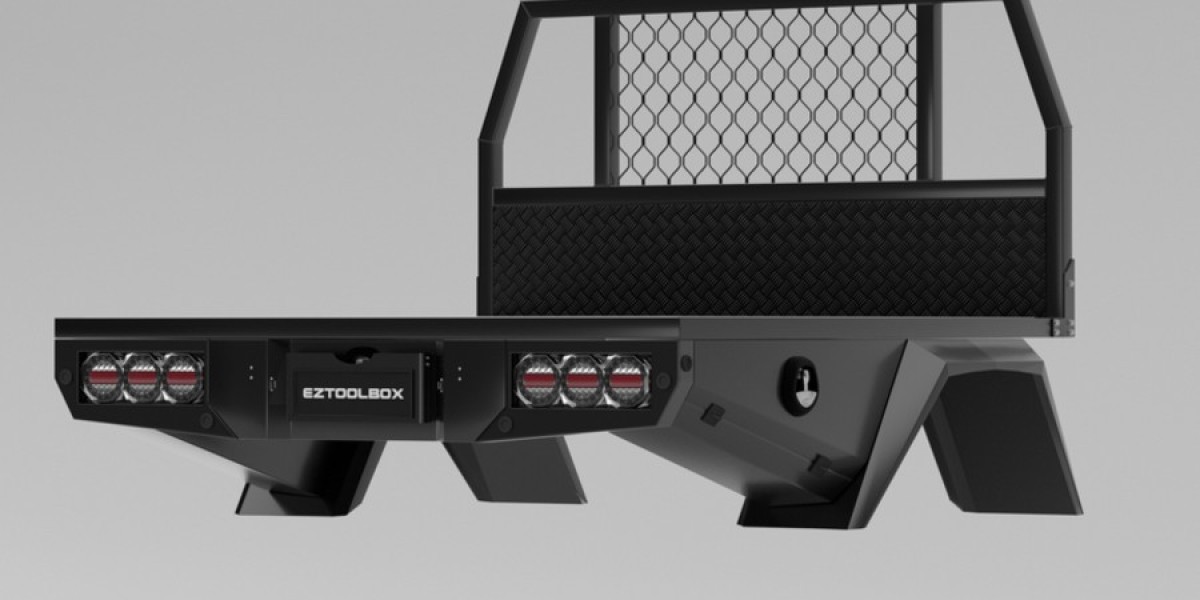What is a Duty Paid Warehouse?
A duty paid warehouse refers to a storage facility where imported goods are stored after the payment of all applicable customs duties and taxes. Once the duties and taxes are settled, the ownership of the goods is transferred to the warehouse owner or the business entity responsible for storing the goods. The primary purpose of a duty paid warehouse is to provide a secure and controlled environment for goods that have completed the necessary customs procedures.
Purpose of Duty Paid Warehouse
The purpose of a duty paid warehouse is to ensure compliance with customs regulations and enable the smooth movement of goods within a country. By paying the duties and taxes upfront, businesses can expedite the clearance process and avoid potential delays or penalties. Duty paid warehouses also serve as storage facilities for goods awaiting distribution to wholesalers, retailers, or end consumers. They provide a centralized location for inventory management, allowing businesses to maintain accurate stock levels and fulfill customer orders promptly.
What is a Bonded Warehouse?
A bonded warehouse, on the other hand, is a storage facility where imported goods can be stored without the immediate payment of customs duties and taxes. These warehouses are supervised by customs authorities and serve as secure holding areas for goods before the clearance process is completed. The ownership of the goods stored in a bonded warehouse remains with the importer/exporter until the duties and taxes are settled.
Purpose of Bonded Warehouse
The primary purpose of a bonded warehouse is to facilitate trade and provide businesses with more flexibility in managing their inventory. Importers can store goods in a bonded warehouse for extended periods without incurring additional costs related to customs duties and taxes. This allows businesses to defer the payment of duties until the goods are sold or moved to a duty paid warehouse. Bonded warehouses are particularly beneficial for d2c model businesses involved in international trade, as they offer opportunities for re-exporting or transshipping goods without entering the domestic market.
Key Differences between Duty Paid Warehouse and Bonded Warehouse
Ownership of Goods
In a duty paid warehouse, the ownership of the goods is transferred to the warehouse owner or the entity responsible for storage after the payment of customs duties and taxes. In contrast, in a bonded warehouse, the ownership of the goods remains with the importer/exporter until the duties and taxes are settled.
Taxation and Duties
Duty paid warehouses require the payment of all applicable customs duties and taxes upfront. On the other hand, bonded warehouses allow importers to defer the payment of duties and taxes until the goods are sold or moved to a duty paid warehouse.
Customs Procedures and Documentation
Duty paid warehouses involve completing all customs procedures and documentation before the goods are stored. In bonded warehouses, the clearance process can be deferred until the goods are ready to be released for domestic consumption or re-export.
Time Restrictions
Duty paid warehouses do not have specific time restrictions on how long goods can be stored. In contrast, bonded warehouses may have time restrictions, typically ranging from a few months to a few years, depending on the country's regulations.
Utilization and Accessibility
Duty paid warehouses are mainly used for storing goods intended for immediate distribution or consumption within the domestic market. Bonded warehouses, on the other hand, provide flexibility for storing goods for re-export, transshipment, or deferred customs clearance, enhancing supply chain management options for businesses involved in international trade.
Advantages and Disadvantages of Duty Paid Warehouse
Advantages of Duty Paid Warehouse
- Immediate ownership transfer ensures better control over stored goods.
- Eliminates the need for additional customs procedures and documentation before distribution.
- Enables faster order fulfillment due to the availability of ready stock.
Disadvantages of Duty Paid Warehouse
- Requires upfront payment of customs duties and taxes, impacting cash flow.
- Limited flexibility in handling goods for re-export or transshipment.
Advantages and Disadvantages of Bonded Warehouse
Advantages of Bonded Warehouse
- Deferred payment of customs duties and taxes provides cash flow benefits.
- Allows storage and processing of goods for re-export or transshipment.
- Provides flexibility in managing inventory for businesses involved in international trade.
Disadvantages of Bonded Warehouse
- Goods stored in bonded warehouses are subject to time restrictions imposed by customs regulations.
- Additional customs procedures and documentation are required before goods can be released for domestic consumption.
Examples and Use Cases
Examples of Duty Paid Warehouse Usage
A local grocery store chain utilizes a duty paid warehouse to store imported perishable food items. The warehouse ensures that the goods are readily available for distribution to the retail stores, maintaining fresh and diverse product offerings for customers.
An e-commerce company operates a duty paid warehouse to store imported products. This allows them to fulfill customer orders promptly and maintain accurate stock levels, enhancing customer satisfaction and reducing order processing times.
Examples of Bonded Warehouse Usage
An international trading company utilizes a bonded warehouse to store imported goods that are intended for re-export. The warehouse serves as a consolidation center, allowing the company to optimize shipping costs and streamline logistics operations.
A manufacturing company stores raw materials and components in a bonded warehouse. This enables them to defer customs duties and taxes until the finished goods are manufactured and ready for domestic consumption or export, providing better cash flow management.
Conclusion
Duty paid warehouse and bonded warehouse are essential components of the logistics and supply chain management process. While duty paid warehouses require upfront payment of customs duties and taxes, bonded warehouses offer flexibility by allowing businesses to store goods without immediate duty payment. Both types of warehouses have their advantages and disadvantages, depending on the specific needs of businesses involved in international trade. Understanding the differences between duty paid warehouses and bonded warehouses can help businesses make informed decisions about their storage and distribution strategies.








